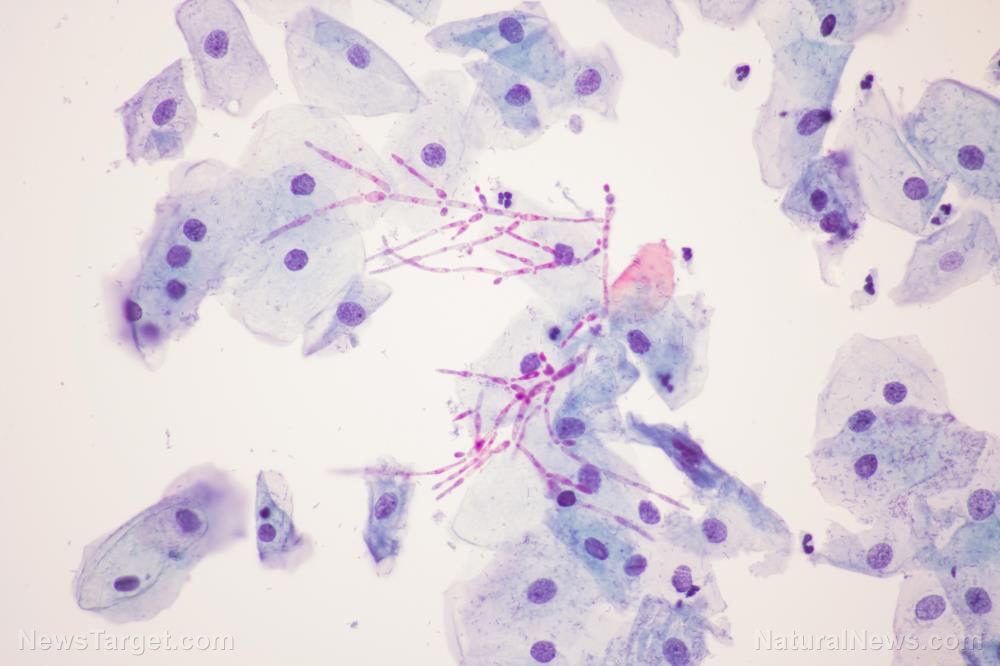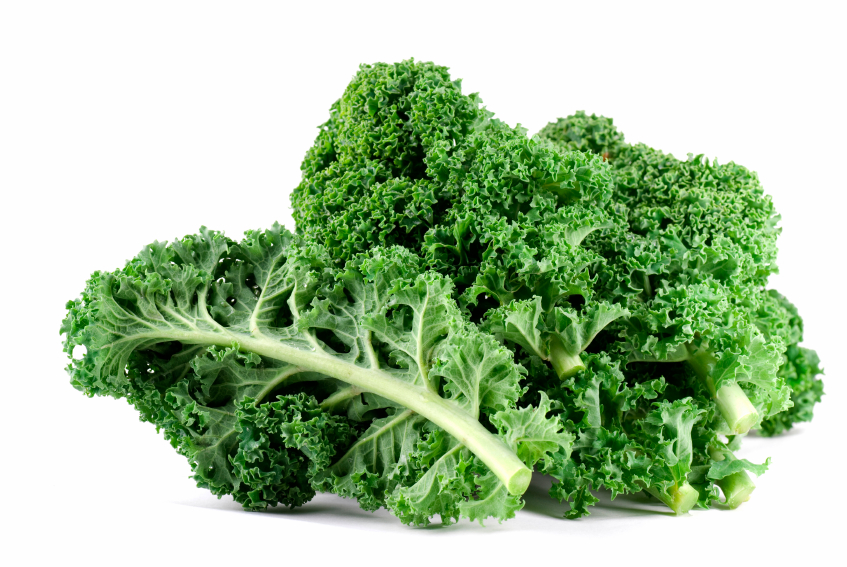Lack of hygiene to blame: New research suggests it was fleas and body lice on humans that caused the “black death” of 50 million Europeans in the 14th century – not rats
01/24/2018 / By Jhoanna Robinson

The Black Death of 1348 wiped out half the population of London within 18 months — with the city seeing five bodies placed on top of one another in a mass grave. The vicious plague eradicated about 50 million people in Europe, which was equivalent to a third of the continent’s population at the time.
Back in early times, people believed that what caused the pandemic were the diseases from the fleas which were carried by rats that spread all over the continent. However, a new study pokes a hole in this theory, saying that human-borne lice and fleas were the ones responsible for so many deaths back then. Yes, there might be a possibility that people of the olde yore died because they were not washing themselves properly.
“For seven out of nine medieval cities, the model that could best describe medieval plague outbreaks was the one assuming that human ectoparasites – human fleas and body lice – were the main way in which the plague spread. Even assuming one rat for every person in medieval cities, which was probably 10 times the actual number of rats, the death rates did not fit,” said University of Oslo Centre for Ecological and Evolutionary Synthesis computational biologist Boris Schmid.
When the Great Plague of 1665 bombarded the continent, a fifth of the people in London died, giving rise to scenes wherein the relatives of victims confine the victims inside their homes and paint the door of the house red with the words “Lord have mercy upon us”.
If fleas from rats caused the spread of the bubonic plague, the researchers would have seen a few people dying at first. Then the numbers would shoot up, as plague-infected rats that transported the parasites died off, and their fleas proceeded to make their homes in humans.
GLYPHOSATE testing is now being applied to all Health Ranger Store branded products. Our in-house lab uses LC-MS-MS (triple quad mass spec). See the full lab science tour video and announcement here. Shop for ultra-clean, lab-tested superfoods, personal care products and more at the Health Ranger Store, the world's most trusted source for clean foods and lab-verified nutritional solutions.
However, the death records showed that the multitudes of people who weren’t washing themselves might have sparked the Black Death’s spread. (Related: Pandemic flu could strike at any time, hitting the poor the hardest.)
Experts said that rats were not that common in northern Europe, which suffered as much as the rest of Europe, and that the plague spread faster than what would have happened if the carrier of the disease were fleas from rats.
The researchers, who also made a mathematical model for human fleas and lice, found their graph of mortality rates came closer to the fatalities listed in articles and government reports from the time.
“It was only less than a decade ago that scientists and historians accepted that the Black Death was definitively a version of the plague – albeit a variant form of the bacterium acting differently to the plague today. This explains why the Black Death behaved differently to the modern form of the disease, spreading too fast and at the wrong time of year,” said University of East Anglia historian and Black Death expert Professor Mark Bailey.
“The suggestion that ectoparasites, such as human fleas and lice, carried the medieval disease would also explain its rapid spread, and this study provides very strong grounds for accepting that theory. And it just shows how science is reshaping our understanding of history,” Bailey added.
The study appeared in the journal Proceedings of the National Academy of Sciences.
The correlation between poor hygiene and disease
Sickness is caused, most of the time, by poor domestic or personal hygiene. A person can be said to have poor domestic hygiene when he or she doesn’t clean his or her toilet regularly, doesn’t throw his or her garbage, doesn’t wash his or her clothes and beddings frequently, and doesn’t properly store food, among others.
Meanwhile, a person who has poor personal hygiene doesn’t wash his or her hands, bathes only once in a blue moon, doesn’t wash his or her hair very often, among others.
These habits are dangerous, for they can be the cause of the influx of diseases, such as those that are bacterial (gastroenteritis, diarrhea caused by Campylobacter, pneumonia, skin infections); viral (hepatitis A, colds and flu); parasitic (scabies, pediculosis or head lice infection, hookworm infection, threadworm infection, and roundworm infection.
As just working on maintaining an acceptable level of personal hygiene is enough to stave off the onset of diseases, we can safely say that there is no need to use medicines. Let us always remember that an ounce of prevention is worth a pound of cure.
For more stories regarding recently discovered scientific knowledge, visit Discoveries.news.
Sources include:
Tagged Under: Black Death, disease, fleas from rats, hygiene, infectious disease, Lice, medical myths, Plague, Public Health, Rats, sanitation




















